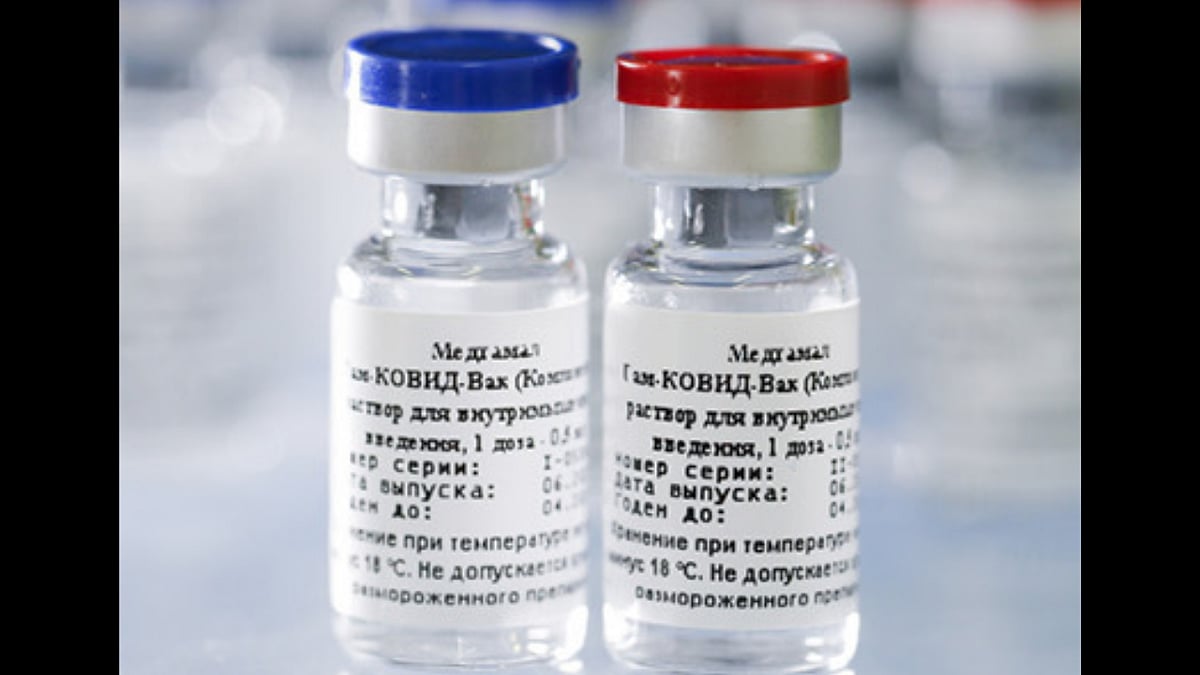India might soon get a second Russian COVID-19 vaccine. Russian envoy Nikolay Kudashev said on Wednesday that the single-dose Sputnik Light jab was "expected soon" in the country. Interestingly enough, his remarks come mere days after Dr Reddy's was denied permission for conducting Phase 3 India trials for the vaccine in question.
"Sputnik V being part of the Indian vaccination campaign is gradually increasing. The launch of the Sputnik Light vaccine is also expected soon," said Kudashev while speaking about the outcomes of the Russian-Indian foreign ministers' talks in Moscow.
Kudashev's remarks also come less than a day after it was announced that the Serum Institute of India would also begin production of Sputnik V COVID-19 vaccine from September. With the results from a 'mix and match' of Sputnik V and the AstraZeneca-Oxford jab slated to be released by the end of July, officials remain hopeful.
Russian Direct Investment Fund (RDIF) CEO Kirill Dmitriev had recently said that he believed there would be "a great result". "We hope that the Serum Institute of India (SII) can produce Sputnik V and mix and match as well. It will be a true partnership," he had said.
On July 1, the government's Subject Expert Committee had dismissed Dr Reddy's application. According to an India Today report that quoted sources, the immunogenicity data related to the single-dose vaccine was 'not so great'.

According to a new study published on Tuesday in the journal Cell Reports Medicine, however, a single dose of the Sputnik V vaccine may be enough to elicit strong antibody response against SARS-CoV-2. The researchers were examining whether a single dose would achieve greater public health benefit than two doses by allowing protection of a larger population more quickly.
In the latest study, the researchers compared the effects of one and two shots of Sputnik V on SARS-CoV-2-specific antibody responses in 289 healthcare workers in Argentina. Three weeks after the second dose, all volunteers with no prior infection generated virus-specific immunoglobulin G (IgG) antibodies -- the most common type of antibody found in blood.
However, even within three weeks of receiving the first dose, 94 per cent of these participants developed IgG antibodies against the virus, and 90 per cent showed evidence of neutralising antibodies, which interfere with the ability of viruses to infect cells.
The research further showed that IgG and neutralising antibody levels in previously infected participants were significantly higher after one dose than those in fully vaccinated volunteers with no history of infection. A second dose did not increase the production of neutralising antibodies in previously infected volunteers.







